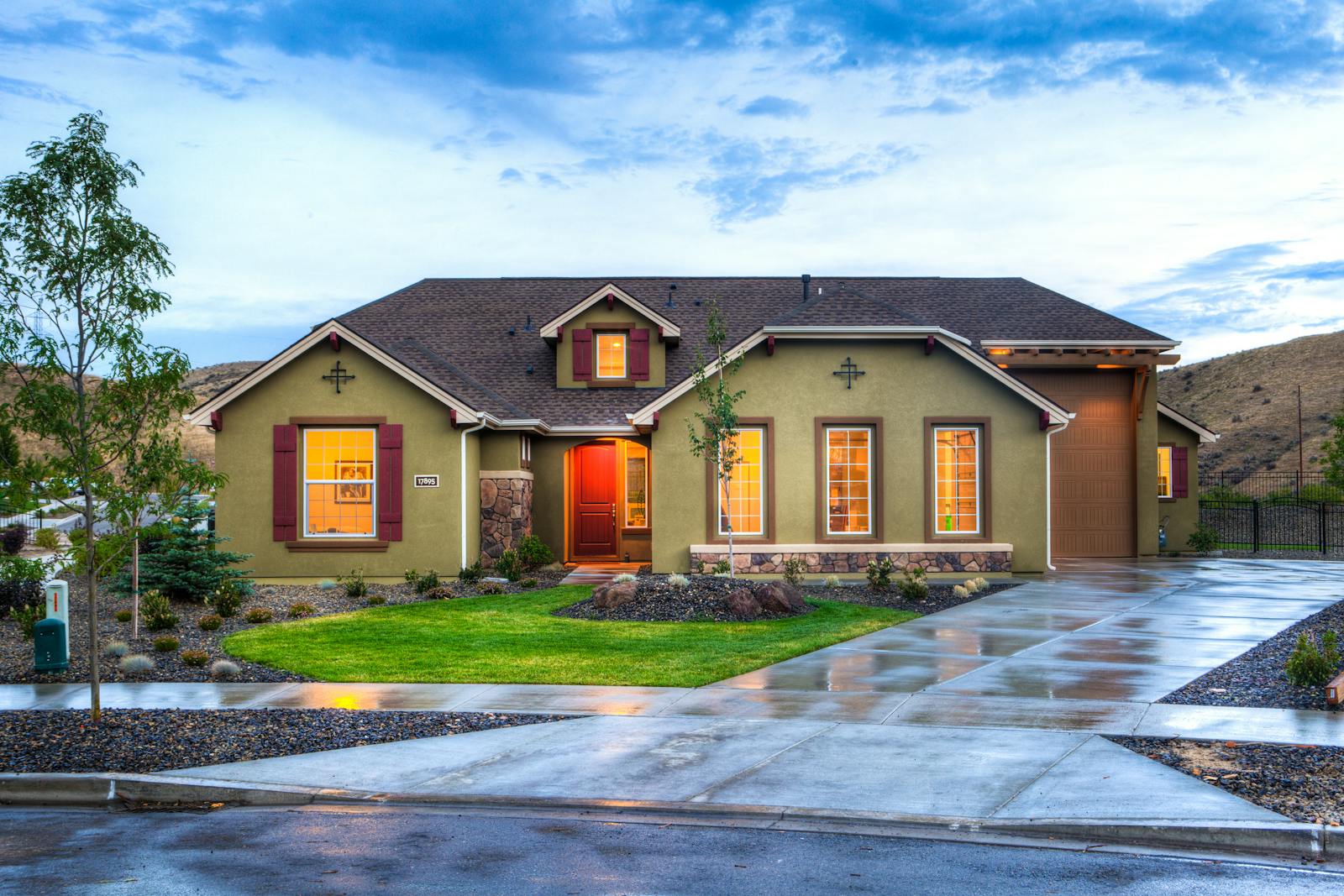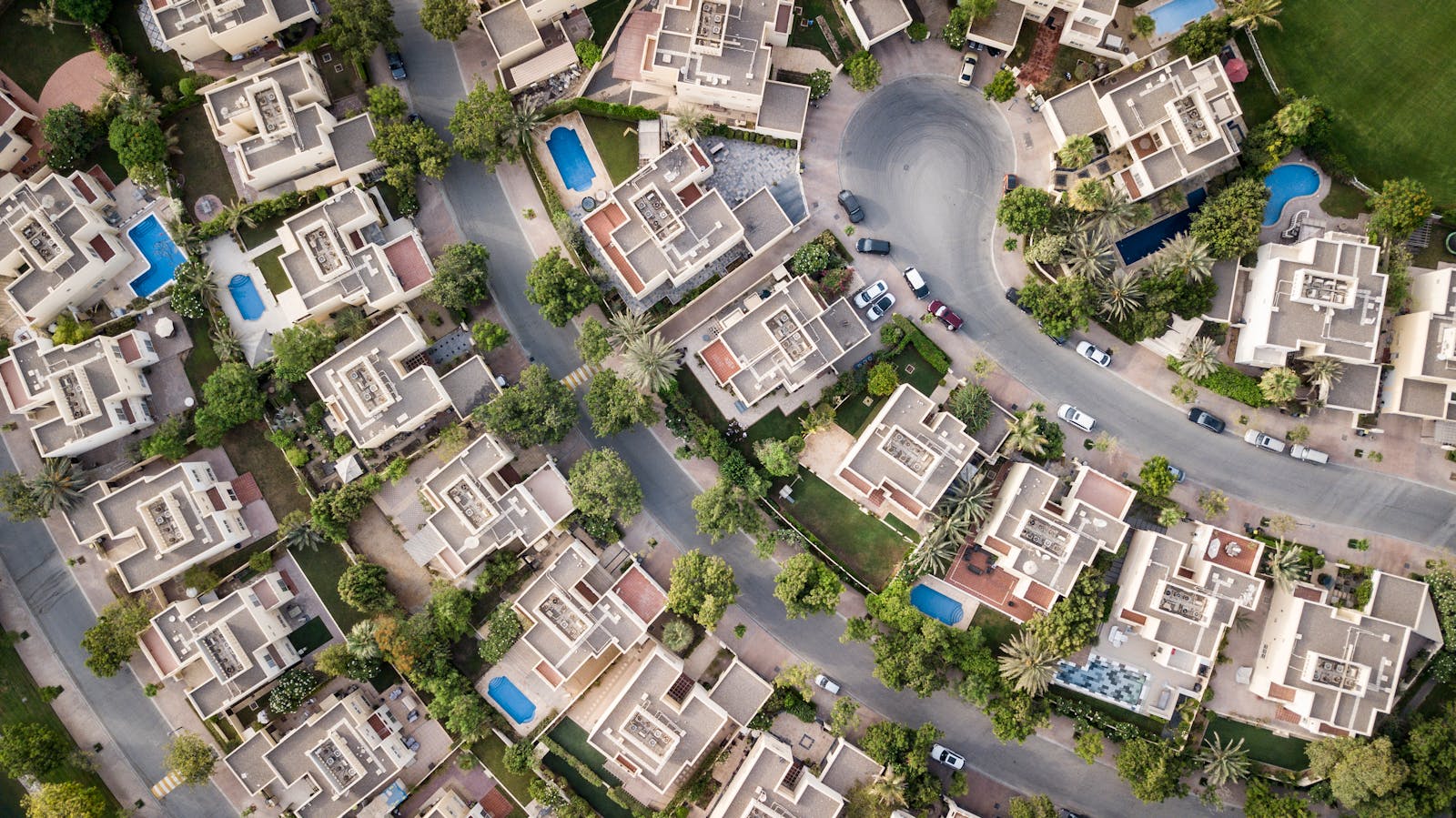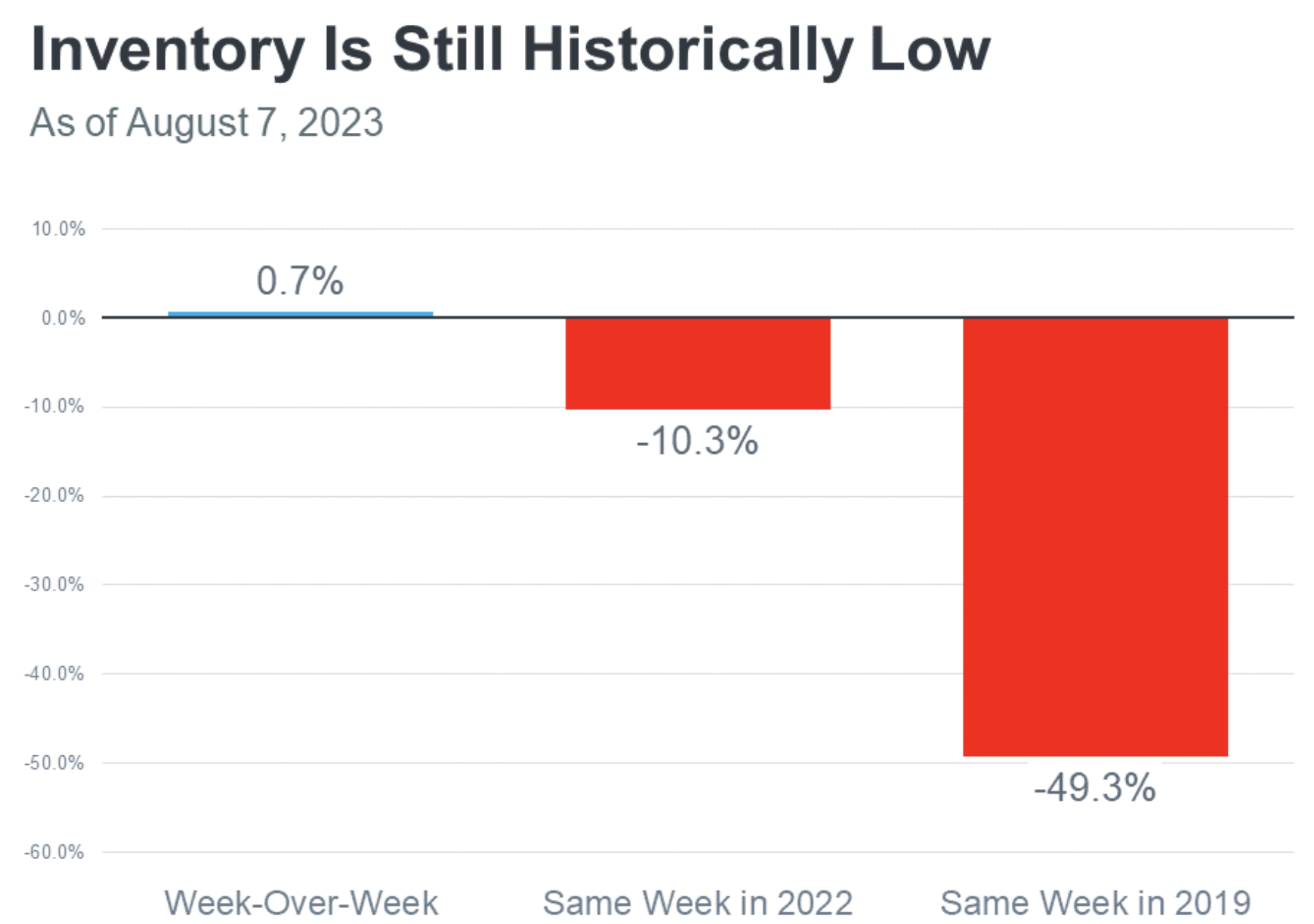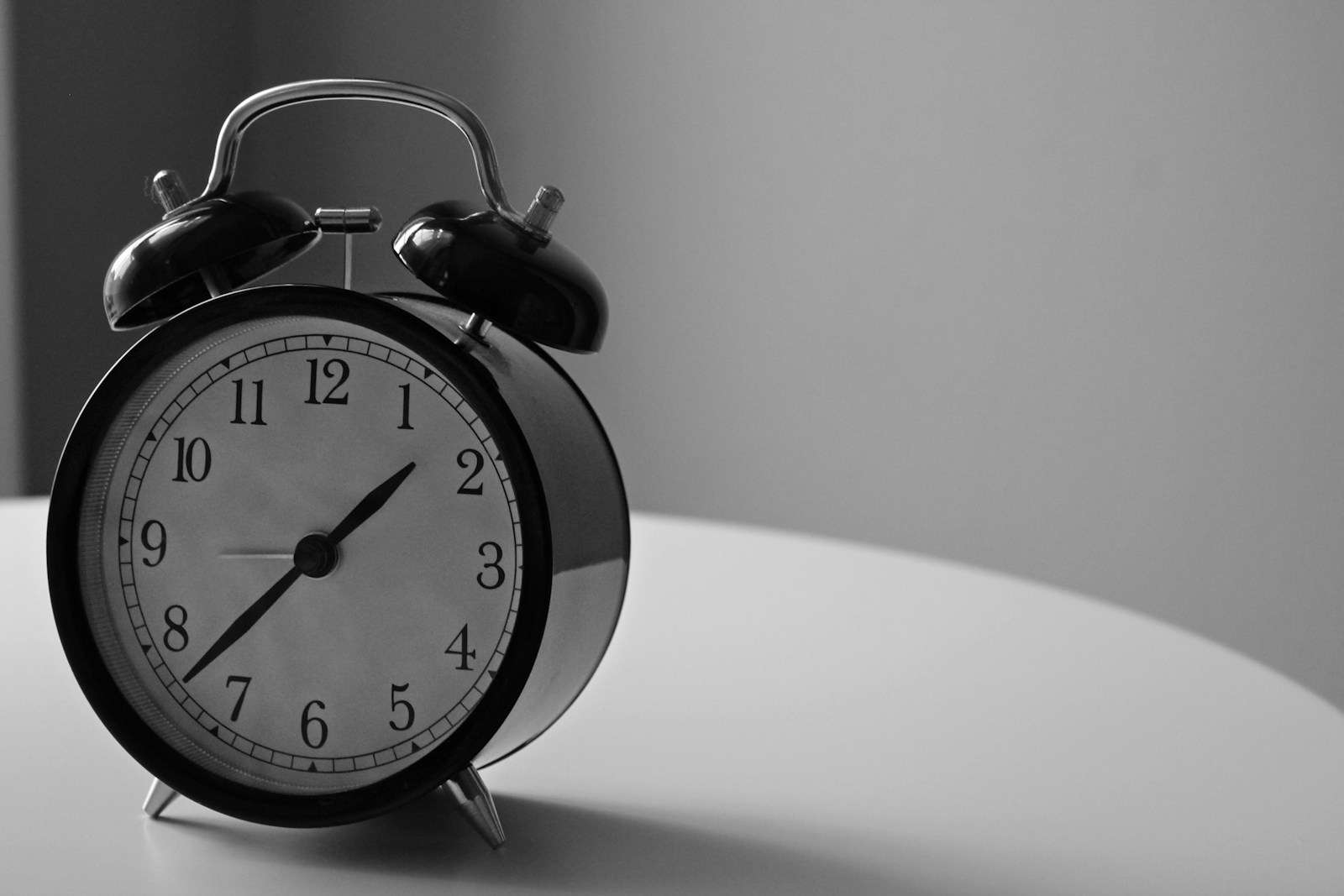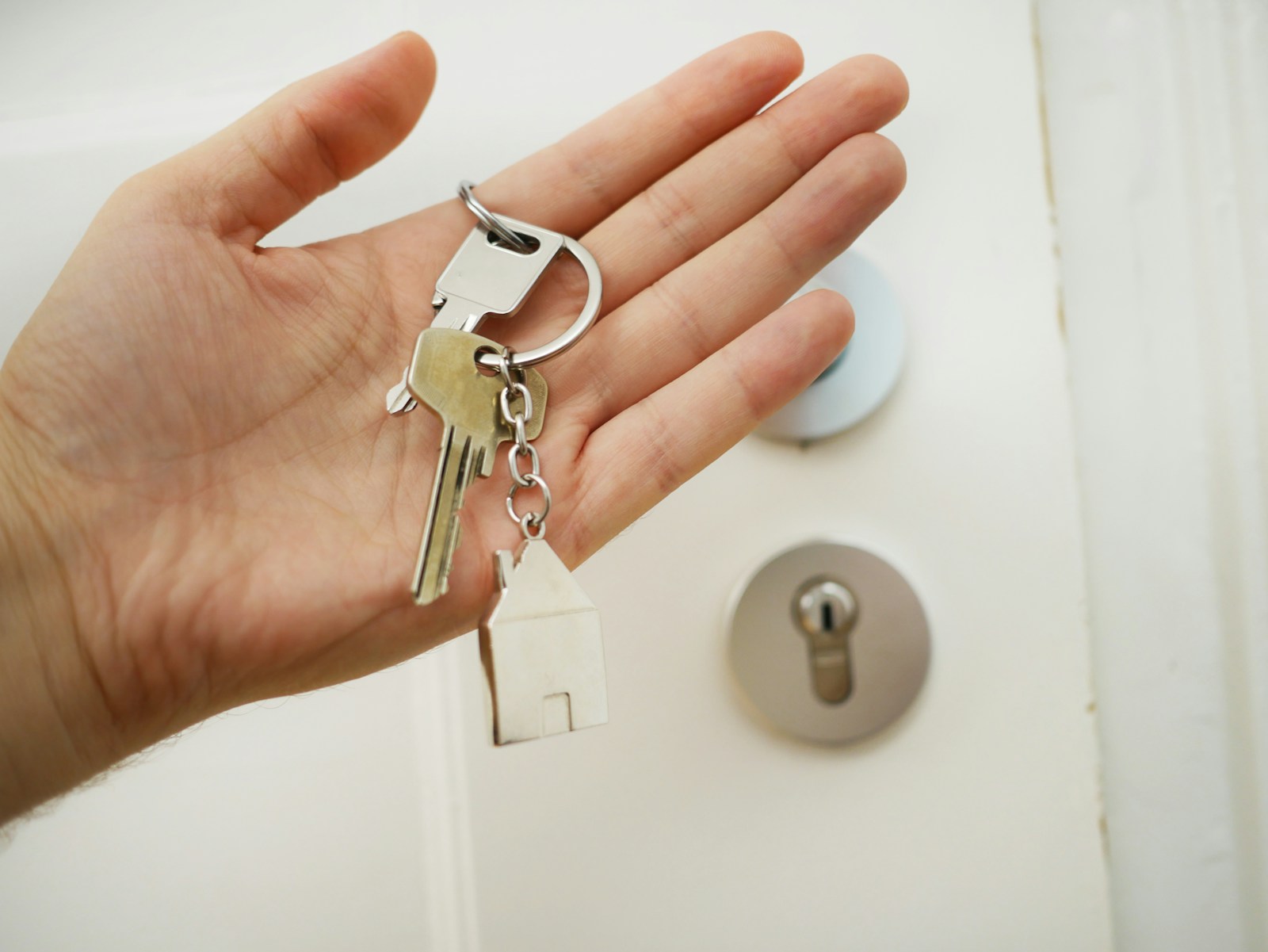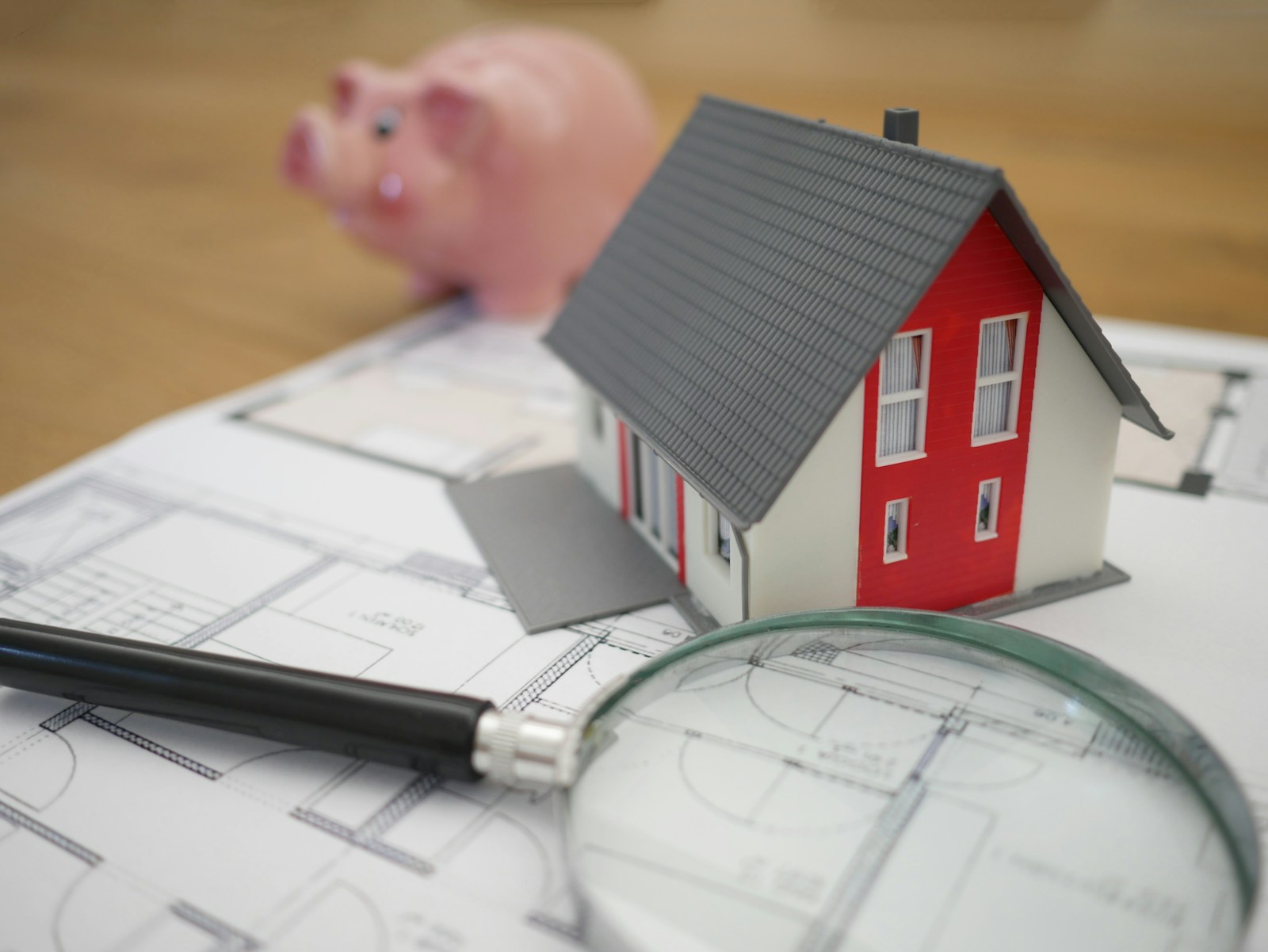Posted on
August 10, 2023
by
Andrew Carbajal
Whether you're a seasoned realtor or a first-time homebuyer, navigating the world of real estate can sometimes feel like deciphering a complex code. From appraisals to contingencies, there's a plethora of terms that are essential to understand for successful transactions. In this guide, we'll break down some key real estate terminology to help demystify the process.
1. Appraisal:
An appraisal is a critical step in the home buying and selling process. It involves a licensed appraiser assessing a property's value based on various factors such as location, condition, and recent comparable sales.
2. Listing:
A listing refers to a property that is available for sale or lease. It's the first step in showcasing a property to potential buyers or tenants.
3. Buyer's Agent:
A buyer's agent is a real estate professional who represents the interests of the buyer. They assist in finding suitable properties, negotiating offers, and guiding buyers through the transaction process.
4. Seller's Agent:
On the flip side, a seller's agent represents the seller's interests. They help price the property, market it, and negotiate with potential buyers.
5. Multiple Listing Service (MLS):
The MLS is a centralized database used by real estate agents to share property listings and information. It's a valuable resource for finding properties and assessing market trends.
6. Escrow:
Escrow is a neutral third-party account where funds are held during the transaction process. It ensures that both parties fulfill their obligations before the deal is closed.
7. Closing Costs:
Closing costs encompass a range of fees associated with finalizing a real estate transaction. These may include title search, attorney fees, and property taxes.
8. Title Insurance:
Title insurance offers protection against potential title defects or disputes that may arise after the property is purchased.
9. Mortgage:
A mortgage is a loan used to finance the purchase of real estate. The property itself serves as collateral for the loan.
10. Down Payment:
The down payment is the initial amount paid by the buyer towards the purchase price. It's usually a percentage of the total cost.
11. Home Inspection:
A home inspection is a thorough assessment of a property's condition, helping identify any issues that may affect the sale.
12. Contingency:
Contingencies are conditions that must be met for a real estate contract to become legally binding. Common examples include a satisfactory home inspection or securing financing.
13. Pre-approval:
A pre-approval is a lender's commitment to provide a loan of a specific amount to a buyer based on their financial information.
14. CMA (Comparative Market Analysis):
A CMA is a report prepared by a real estate agent to help determine a property's value based on recent comparable sales in the area.
15. Appreciation:
Appreciation refers to the increase in a property's value over time due to factors such as market demand and property improvements.
16. Depreciation:
Depreciation is the decrease in a property's value over time, often due to wear and tear.
17. Lease:
A lease is a legal agreement between a landlord and tenant, outlining the terms and conditions of renting a property.
18. Condo (Condominium):
A condominium is a type of housing where individuals own their units while sharing ownership of common areas and facilities.
19. HOA (Homeowners Association):
An HOA is an organization that manages and enforces rules for a community or condominium complex.
20. ROI (Return on Investment):
ROI is a measure of profitability for an investment property, factoring in rental income, property appreciation, and expenses.
As you embark on your real estate journey, understanding these fundamental terms will empower you to make informed decisions and navigate transactions with confidence. Whether you're buying, selling, or leasing, this guide serves as a valuable resource to decode the language of real estate.
For more personalized guidance and assistance with your real estate needs, don't hesitate to reach out!. I’m here to help you every step of the way.



